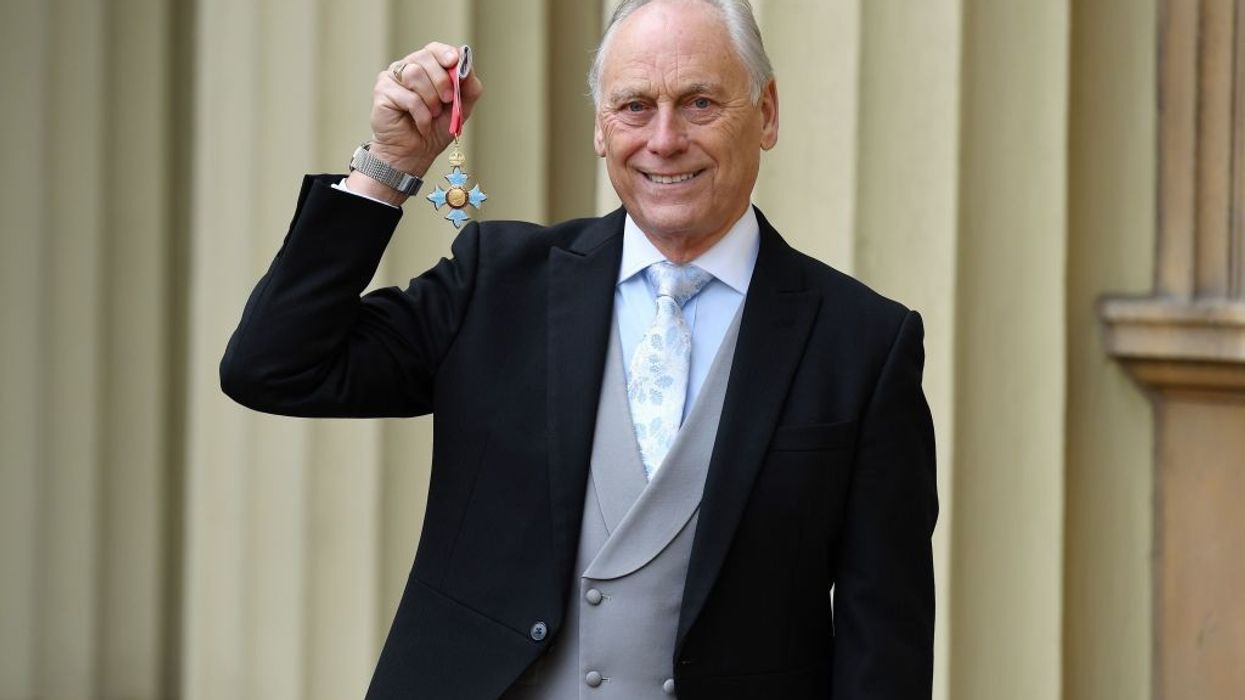THE senior official accused of downplaying allegations of racism made by former Yorkshire cricketer Azeem Rafiq is set to return for a second stint as chairman of the financially stricken English county club.
Colin Graves, Yorkshire's chairman from 2012-2015 having first saved the club from commercial collapse in 2002, was given the go ahead to return to his old role at Headingley after members approved a special resolution at an extraordinary general meeting Today (2).
The resolution passed with 746 votes in favour, 88 per cent of the votes cast, although the ballot result is still subject to approval by the Financial Conduct Authority.
Once fully ratified, the second tranche of a personal, unsecured loan of £1 million from Graves will be advanced to the club.
“The result of the vote for the special resolution to make a number of changes to the rules of the club required in relation to a refinancing proposal from Colin Graves as set out in the notice was announced, with members voting in favour of the rule changes,” Yorkshire County Cricket Club (YCCC) said in a statement.
"I would like to express my thanks to the membership of Yorkshire County Cricket Club who have so overwhelmingly voted to ratify the board's decision to accept my offer to our great club," Graves said.
Last month the Yorkshire board, with some £15m owed to the Graves family trust and insisting several other options were unviable, told the club's members they were recommending a loan offer from Graves "having exhausted all other options".
Graves' return has aroused strong feelings after he gave an interview to Sky Sports last year when he said no one had reported any incidents of racism to him when he was in charge at Yorkshire, although he was aware of "a lot of banter".
The 76-year-old Graves, also a former chairman of the England and Wales Cricket Board, has since expressed "profound regret" for those remarks.
Rafiq, however, said he did not accept Graves' apology.
Afterwards, Rafiq said he had received racist messages on social media after the club's approval of a loan offer from a consortium headed by Graves.
Pakistan-born spinner Rafiq went public with allegations of racism and bullying in September 2020, related to his two spells at Yorkshire.
But current Yorkshire chairman Harry Chathli told members last Friday: "We as directors would not be discharging our duty of care if we deliberately put this club into administration just because we didn't like a personality. That cannot happen."
Rafiq went public with allegations of racism and bullying in September 2020.
His revelations led the ECB to threaten Yorkshire with the withdrawal of hosting rights for lucrative England matches at the club's Headingley headquarters in Leeds.
They also prompted the creation of an independent inquiry that found officials had failed to tackle institutional racism and sexism in English cricket.
Yorkshire were fined £400,000 and handed a 48-point deduction in the County Championship last year after an investigation into racism allegations by Rafiq.
Six former Yorkshire players were found guilty of using racist language in the Rafiq case.
But former England captain Michael Vaughan was cleared of using racist language "on the balance of probabilities" after opting to defend himself at a hearing in March last year.
Yorkshire are one of the most important clubs in English cricket history, with a record 32 outright County Championship titles and a host of England greats, including Len Hutton, Fred Trueman, Geoffrey Boycott and, more recently, Joe Root, to their credit.
The ECB warned last month it was "vital" efforts to tackle discrimination at Yorkshire continued, and that it had "significant powers which can be used to hold Yorkshire to account" if they felt this was not the case.





